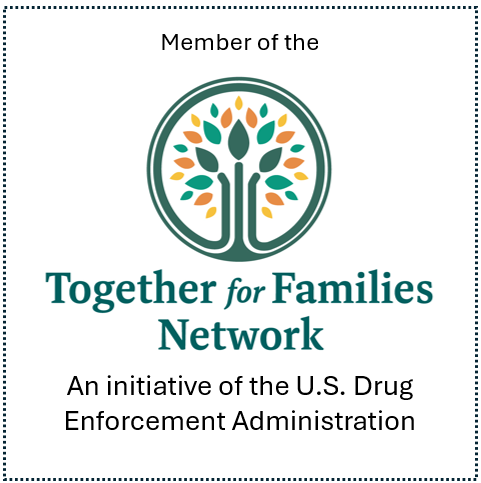The Importance of Advanced Care Planning
Ask the Experts | Dr. Daniel Paglia
One of the hardest conversations I’ve had was with a husband and daughter. The two had rushed to the hospital after the rapid response team was called on their loved one. The patient was listed as “Full CPR,” meaning that if the patient lost a pulse, the hospital team would do everything it reasonably could to bring it back. But this was the third round of CPR and, as I discussed with the family, with each required rapid response the risk of death increased further and further. The husband and daughter looked at each other, unsure of what to say.
After you reach a certain age, you may notice that doctors ask you more and more frequently about “Advanced Care Planning.” For those unaware, Advanced Care Planning is a written record of your medical wishes and who you want to decide your medical care if you are no longer able to express those wishes.
The thought of not being able to express your wishes is uncomfortable for many. It is tempting to say, “Well, I’ll answer that question when I have to.” But this is easier said than done. Between 2016 and 2020, among Michigan residents 65 years of age and older, the leading principal diagnoses for hospitalization included heart disease, injury/poisoning, septicemia, arthropathies, and cerebrovascular diseases (such as strokes). In 2021, the leading principal diagnoses were the same, except arthropathies were replaced by COVID 19, reflective of the pandemic. While arthropathies are not typically associated with a mental status change, those other diagnoses frequently are. This altered mental status makes it more difficult to confirm patients’ wishes in the emergency room or on the hospital floor.
The next time you go to your doctor’s office, ask about Advanced Care Planning. It gives the clinical team an understanding of your wishes if we cannot ask you yourself. Take the time to think about what you would want. You may want to do everything possible, which is great; make it known. You may want to pass away without interventions, which is also great; make it known. Even if you never get around to completing all the Advanced Care Planning documents, take them home with you and begin the conversation. Doctors can provide advice on many different medical questions, but only you know your end-of-life goals. And above all else, we want to respect your wishes.
Dr. Daniel Paglia is a family medicine resident at Corewell Health-East Beaumont Grosse Pointe Hospital. He has special interests in community medicine, geriatric medicine, and end-of life care.






